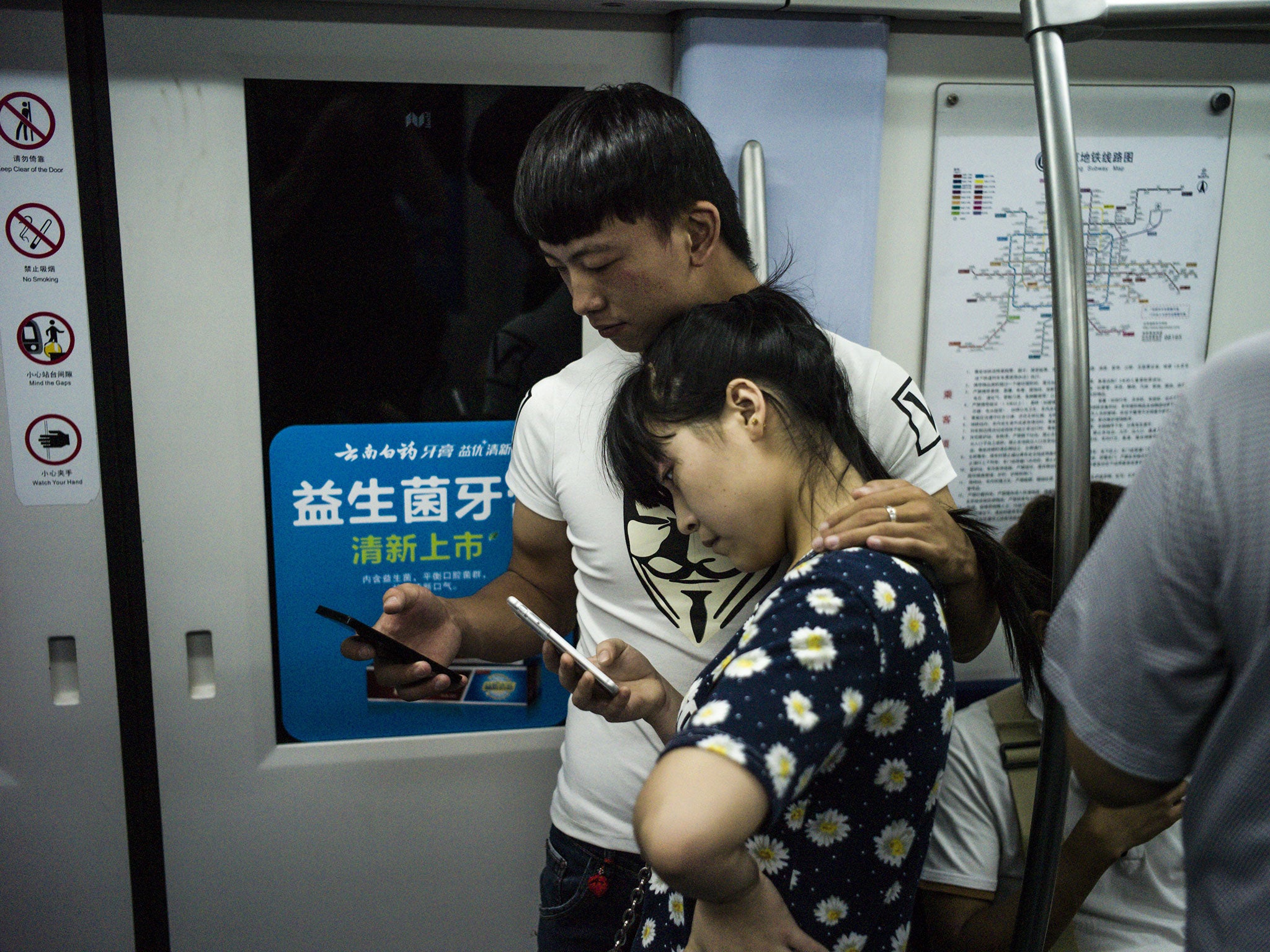Snubbing people for your mobile phone is leading to higher levels of depression and ruining relationships, study finds
Partner snubbing or "phubbing" has been found to create conflict among partners

One of the worst aspects of socialising is the omnipresent mobile phone placed on the table, poised to buzz and flash just as the conversation gets interesting.
New research has found the act of ignoring someone in a social setting by looking at your phone is leading to higher levels of depression and ruining relationships.
Partner phone snubbing, or "phubbing", was found to create conflict among partners, leading to low levels of reported relationship satisfaction, according to a study published in the journal Computers in Human Behaviour.
“What we discovered was that when someone perceived that their partner phubbed them, this created conflict and led to lower levels of reported relationship satisfaction,” Professor James Roberts explained.
“These lower levels of relationship satisfaction, in turn, led to lower levels of life satisfaction and, ultimately, higher levels of depression.”
A survey of 145 adults measured phubbing among romantic couples, with 23 per cent saying the act had caused conflict in their relationships and 37 per cent reporting they felt depressed at least some of the time.
"In everyday interactions with significant others, people often assume that momentary distractions by their cell phones are not a big deal,” Professor Meredith David said.
“However, our findings suggest that the more often a couple’s time spent together is interrupted by one individual attending to his/her cellphone, the less likely it is that the other individual is satisfied in the overall relationship."
Join our commenting forum
Join thought-provoking conversations, follow other Independent readers and see their replies
Comments